The other answers here fail to spell out a full solution for regex versions which don't support non-greedy matching. The greedy quantifiers (.*?, .+? etc) are a Perl 5 extension which isn't supported in traditional regular expressions.
If your stopping condition is a single character, the solution is easy; instead of
a(.*?)b
you can match
a[^ab]*b
i.e specify a character class which excludes the starting and ending delimiiters.
In the more general case, you can painstakingly construct an expression like
start(|[^e]|e(|[^n]|n(|[^d])))end
to capture a match between start and the first occurrence of end. Notice how the subexpression with nested parentheses spells out a number of alternatives which between them allow e only if it isn't followed by nd and so forth, and also take care to cover the empty string as one alternative which doesn't match whatever is disallowed at that particular point.
Of course, the correct approach in most cases is to use a proper parser for the format you are trying to parse, but sometimes, maybe one isn't available, or maybe the specialized tool you are using is insisting on a regular expression and nothing else.

